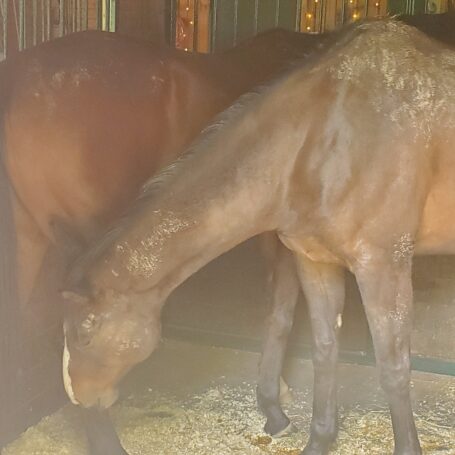Week 7: Comfortably Confront
April 30, 2023
Hey, Robert Aubrey Webb here.
This week served as me making strides to finish up my project and begin the drafting phase of both my final paper and my final ideas about the project as a whole. My internship is continuing to go strong, especially thanks to the help my mentor gave me with sourcing a good book to use for my paper. The final revised outline is almost entirely complete, so I’ve started making progress drafting on the sections of my outline that I’ve completed.
As for the main part of this week, it was coming up with the main idea I plan to bring to my final project: Comfortably Confront. It’s the concept that psychological problems and disorders can fester and be very detrimental to daily life if ignored, but can be painful and anxiety inducing to confront. As such, the idea is to reach a middle ground, focusing on accommodations and understandings to confront problems in a comfortable manner, hence the name. An example of this relates back to last week, with my experience with Snuggles. He challenged my underlying trauma and confronted it in a manner that I didn’t expect, but due to how it was handled, it helped me cope with my anxiety around horses. The idea of active trust plays a big role here; passive trust and ignoring/blocking out things tends to not be as helpful due to the fact that the problem at its core isn’t being addressed.
Now, this idea is addressed more towards motor vehicle accident victims and their friends/family, with a focus on helping them take the correct actions to address their concerns and problems. A common problem with many forms of effective therapy, including the well known cognitive behavioral therapy (CBT), is that it requires the cooperation of the patient and the therapist in order to make good progress. Even equine facilitated psychotherapy suffers from this problem as well, relying on a deep bond to really tackle the issues that underlie a person’s mental state. However, it is precisely due to these mental concerns that some patients, whether they intend to or not, can end up not taking an active role in their own improvement. While this isn’t a magic pill designed to fix the problem, it’s still an effective mindset that I hope to discuss in greater detail once I finish my final paper. See you next week.


Leave a Reply
You must be logged in to post a comment.